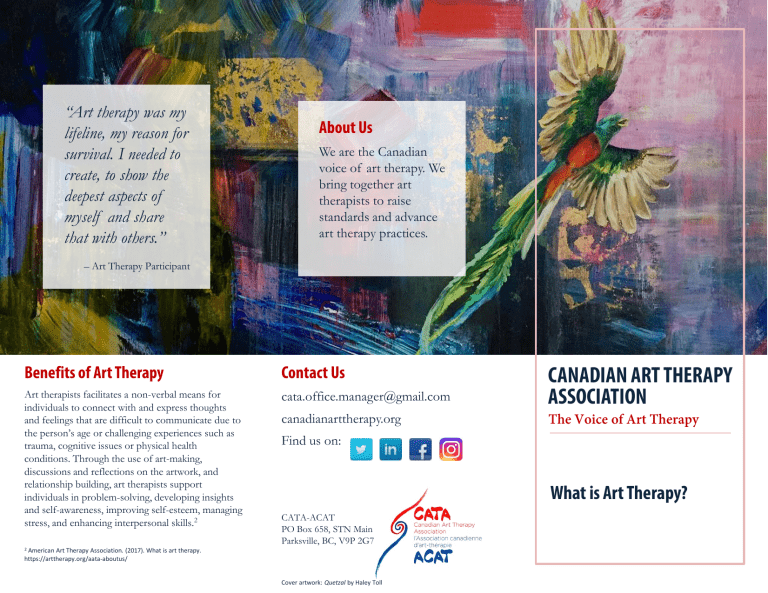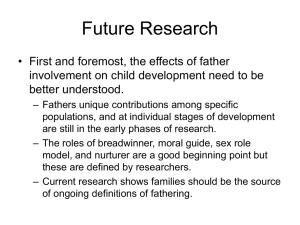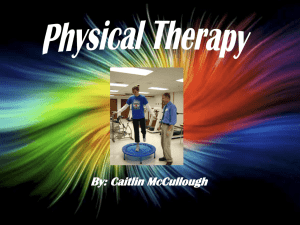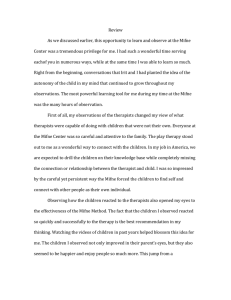
“Art therapy was my lifeline, my reason for survival. I needed to create, to show the deepest aspects of myself and share that with others.” About Us We are the Canadian voice of art therapy. We bring together art therapists to raise standards and advance art therapy practices. – Art Therapy Participant Benefits of Art Therapy Contact Us Art therapists facilitates a non-verbal means for individuals to connect with and express thoughts and feelings that are difficult to communicate due to the person’s age or challenging experiences such as trauma, cognitive issues or physical health conditions. Through the use of art-making, discussions and reflections on the artwork, and relationship building, art therapists support individuals in problem-solving, developing insights and self-awareness, improving self-esteem, managing stress, and enhancing interpersonal skills.2 cata.office.manager@gmail.com 2 American Art Therapy Association. (2017). What is art therapy. https://arttherapy.org/aata-aboutus/ canadianarttherapy.org CANADIAN ART THERAPY ASSOCIATION The Voice of Art Therapy Find us on: What is Art Therapy? CATA-ACAT PO Box 658, STN Main Parksville, BC, V9P 2G7 Cover artwork: Quetzal by Haley Toll Who Can Benefit? Art therapists work with individuals, couples, families and groups from diverse backgrounds and age groups, in settings such as counselling agencies, schools, treatment centres, rehabilitation facilities, hospitals, correctional institutes, and elder care locations. A multitude of research studies1 exists demonstrating the efficacy of art therapy in areas such as: Artwork: Divine Double by Mia Tremblay • Addictions or substance use issues • Developmental disorders and disabilities (e.g. ADD, ADHD, autism spectrum disorder) • Coping with physical health conditions • Depression, anxiety and mental health • Grief and bereavement • Trauma or Post-Traumatic Stress Disorder (PTSD) • Acquired Brain Injury (ABI) • Aging and geriatric issues What is Art Therapy? Art therapy combines the creative process and psychotherapy, facilitating self-exploration and understanding. Using imagery, colour and shape as part of this creative therapeutic process, thoughts and feelings can be expressed that would otherwise be difficult to articulate. 1American Art Therapy Association. (2015). AATA Research Committee Art Therapy Outcome Bibliography. https://arttherapy.org/upload/outcomebibliographyresearchcmte.pdf Professional Standards for Art Therapists Art therapists are trained professionals with expertise in counseling psychology and fine arts. In Canada and the United States, art therapists must have at minimum a master’s degree or a master’s level diploma in art therapy before identifying themselves within the profession. This graduate level education includes supervised clinical practicum hours (700 hours for Canadian art therapists), thus ensuring the safety of the client as well as professional liability for agencies and employers offering this form of therapy. If you are interested in education in art therapy, or looking for an art therapist in your area, please visit the CATA website at canadianarttherapy.org. CATA hosts an annual conference that brings together art therapists and other professionals to promote and advance the profession of art therapy. For more information, please visit: canadianarttherapy.org/upcomingconference/ Canadian Art Therapy Association. (2017). What is art therapy. http://www.canadianarttherapy.org/what-is-art-therapy/ Photo from Adler University Photo by Oona McClure



